Khairy Proposes Deferring Generational Tobacco Ban To Those Born After 2007, Most MPs On The Fence
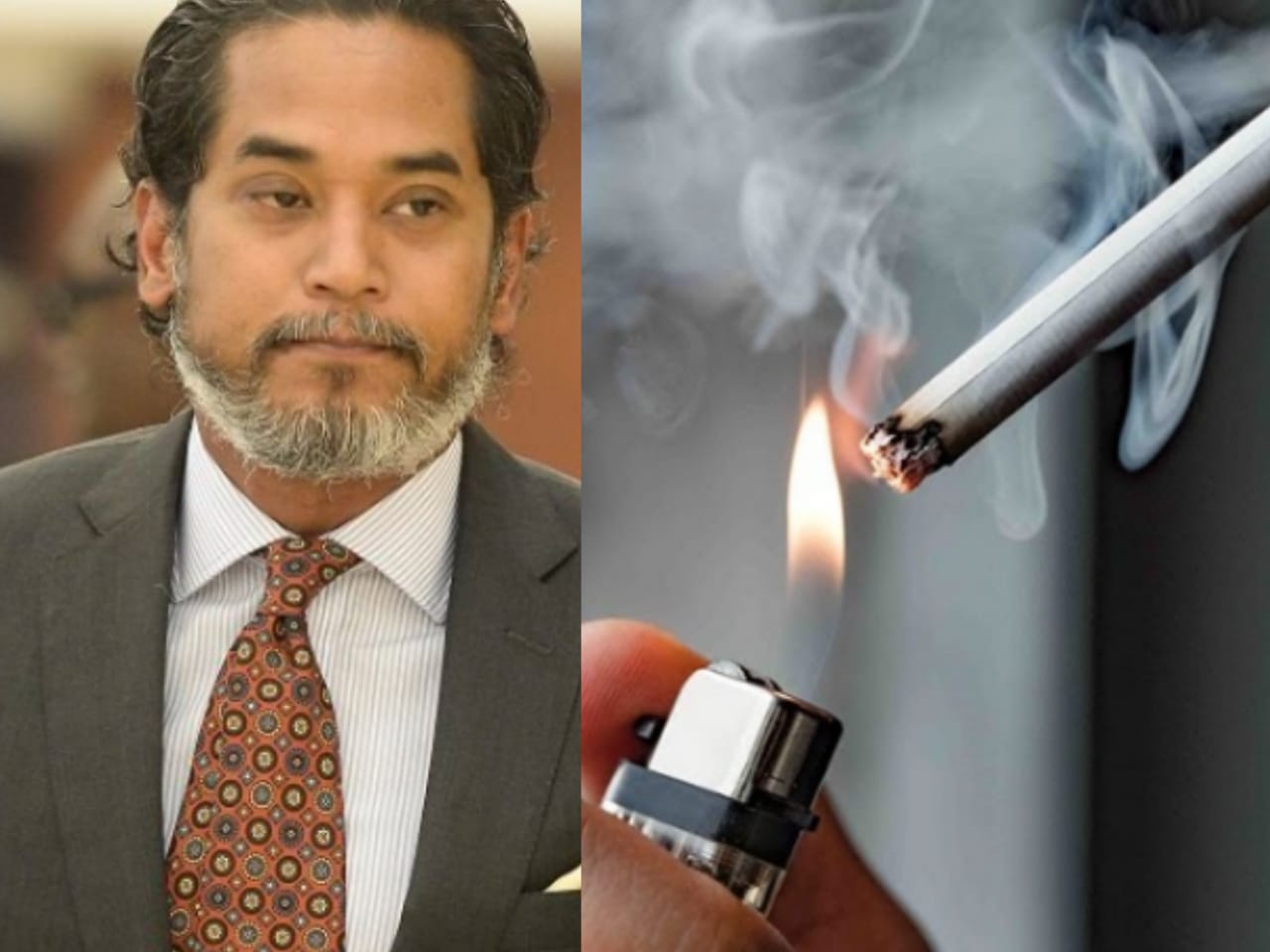 Thirsty for JUICE content? Quench your cravings on our Instagram, TikTok and WhatsApp
Thirsty for JUICE content? Quench your cravings on our Instagram, TikTok and WhatsApp
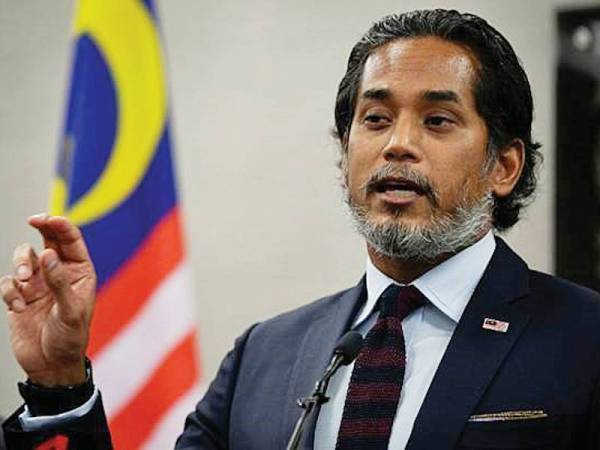
In January this year, health minister Khairy Jamaluddin announced the government’s plan to implement a generational smoking ban, making it illegal for Malaysians born after 2005 to purchase and use tobacco products.
During the World Health Organization’s Executive Board meeting, he stated that the government’s motives was to put an end to generational smoking.
“Malaysia would like to emphasise the well-known detrimental effect of tobacco on NCDs (noncommunicable diseases),” says Health Minister Khairy Jamaluddin.
“We, like other WIPO nations, intend to pass legislation that, if effective, will put a stop to smoking for a generation by making the sale of tobacco and other smoking goods illegal to anyone born after 2005.”
Announcing Malaysia’s legislative plans for a tobacco generation endgame to not sell smoking products to anyone born after 2005 at the @WHO #EB150. pic.twitter.com/CfX44NurAB
— Khairy Jamaluddin 🇲🇾🌺 (@Khairykj) January 27, 2022
Subsequently, from February 23, 2022 to March 13, 2022, the Malaysian Green Lung Association launched an online survey titled “Malaysian Acceptability of Generation End Game Policy: A Public Opinion Poll.”
It indicated that a significant majority of young Malaysians, aged 24 and younger, endorse the government’s Generational End Game (GEG) Policy.
Let’s get the law passed in parliament this July! Generational end game to smoking. Those born after 2005 will not be able to buy smoking products, ever.
Yes, enforcement will be an issue and we will work hard on this. But let’s shut the door shut once & for all for our youth. https://t.co/wUESd7X00q
— Khairy Jamaluddin 🇲🇾🌺 (@Khairykj) April 20, 2022
He also stated that the law would most likely be passed in July.
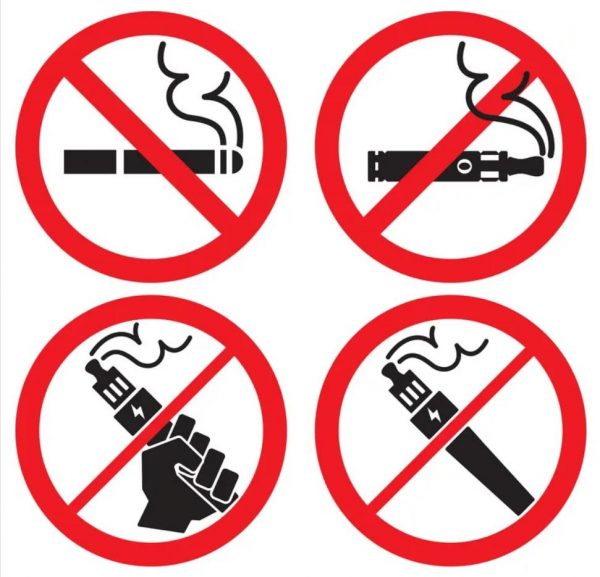
However, today, in the face of uncertain support from MPs, Khairy Jamaluddin has agreed to delay the application of his suggested generational smoking ban until 2025, beginning with the 2007 generation.
This is a two-year postponement from his preliminary extensive program to restrict the sale of cigarettes, tobacco, and vape to anyone born after 2005, which would be implemented in less than 6 months in 2023 if Parliament passes the Tobacco and Smoking Control Bill, including Khairy’s lauded “generational end game” (GEG) plan.
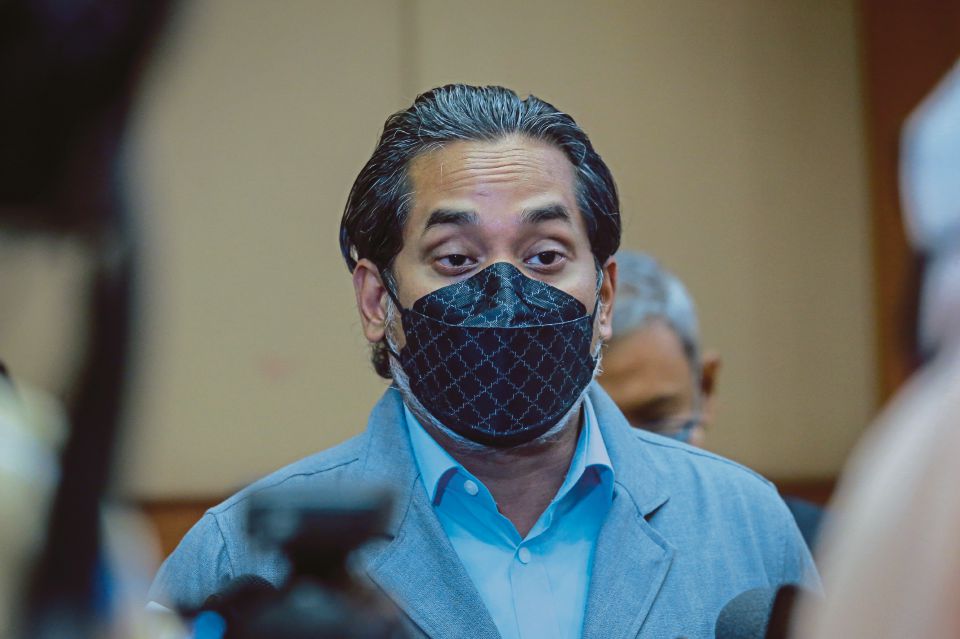
Only 12 legislators, or 30% of people polled, said they would vote for the Tobacco and Smoking Control Bill in a CodeBlue poll conducted since last Monday with 40 MPs from the Opposition and the government backbench in the 220-member Dewan Rakyat.
The 12 legislators are:
- Nurul Izzah Anwar (Permatang Pauh),
- Dr Wan Azizah Wan Ismail (Pandan),
- Dr Lee Boon Chye (Gopeng),
- Nik Nazmi Nik Ahmad (Setiawangsa),
- Wong Chen (Subang),
- Sim Tze Tzin (Bayan Baru);
- Dzulkefly Ahmad (Kuala Selangor),
- Mujahid Yusof Rawa (Parit Buntar),
- Mahfuz Omar (Pokok Sena)
- Mohamed Nazri Abdul Aziz (Padang Rengas),
- Mohd Nizar Zakaria (Parit), and
- Hasan Arifin (Rompin).
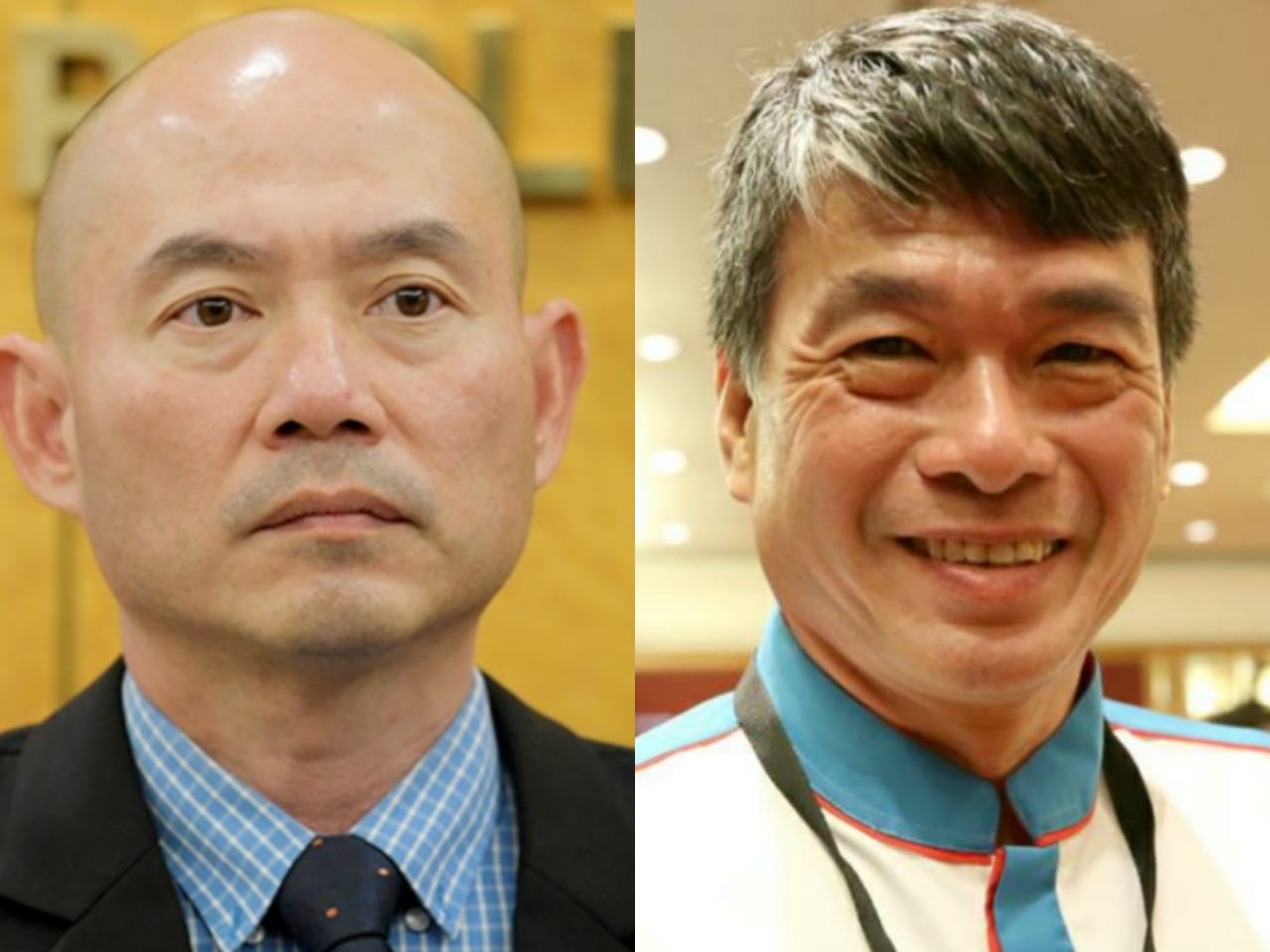
Two federal lawmakers who have stated unequivocally that they will vote against the smoking bill are Kepong MP Lim Lip Eng (DAP) and Selayang MP William Leong Jee Keen (PKR), pictured above.
Meanwhile, a total of 26 MPs (11 DAP, five PKR, one Amanah, one Pejuang, three Umno, one Bersatu, one PAS, one GPS, and two independent lawmakers) have held their vote until the draught bill is published, and Khairy briefs lawmakers.
Some of these dissenting MPs did appear to lean toward countering the tobacco bill in its present form, citing issues with policing, illegal trade, the influence on Malaysia’s local vape industry, and individual liberties for the next generation, who would be unable to buy cigarettes or vapes even when they reached midlife.
None of the 12 DAP MPs surveyed by CodeBlue directly supported the Tobacco and Smoking Control Bill. The DAP, which has 42 MPs in the Dewan Rakyat, tends to vote on bills as a group.
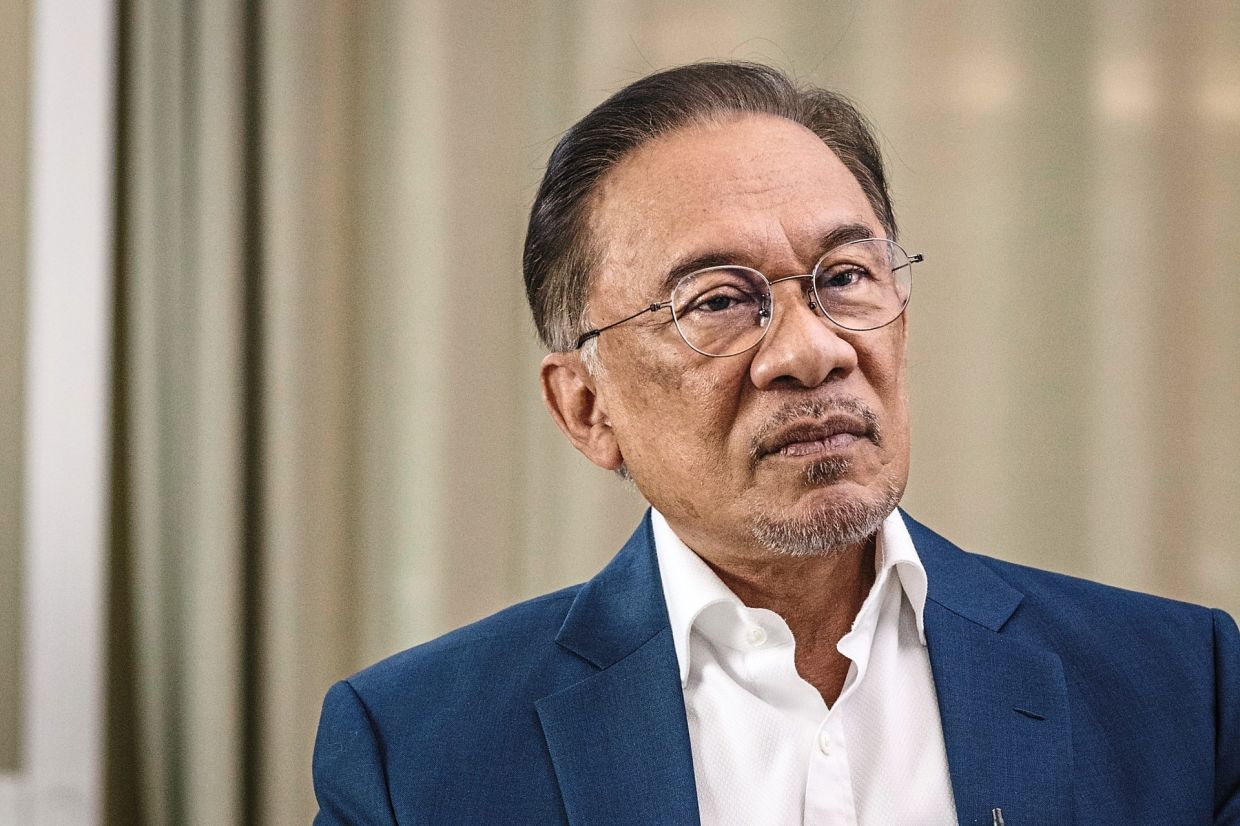
Furthermore, Anwar Ibrahim, the Opposition Leader and President of the PKR, stated that he would only consider voting for the smoking proposal if it was revised to include “mechanisms for effective implementation.”
“Many issues remain unresolved. You have to reassess it; you don’t bulldoze laws that has a tremendous impact,” he told CodeBlue yesterday during a meeting in Parliament, adding that the opinions of the indigenous society of Malaysia, or Orang Asli, had to be taken into consideration as well.
“You have to locate them, you have to enter negotiations with them,” he said.


 Get Audio+
Get Audio+ Hot FM
Hot FM Kool 101
Kool 101 Eight FM
Eight FM Fly FM
Fly FM Molek FM
Molek FM

